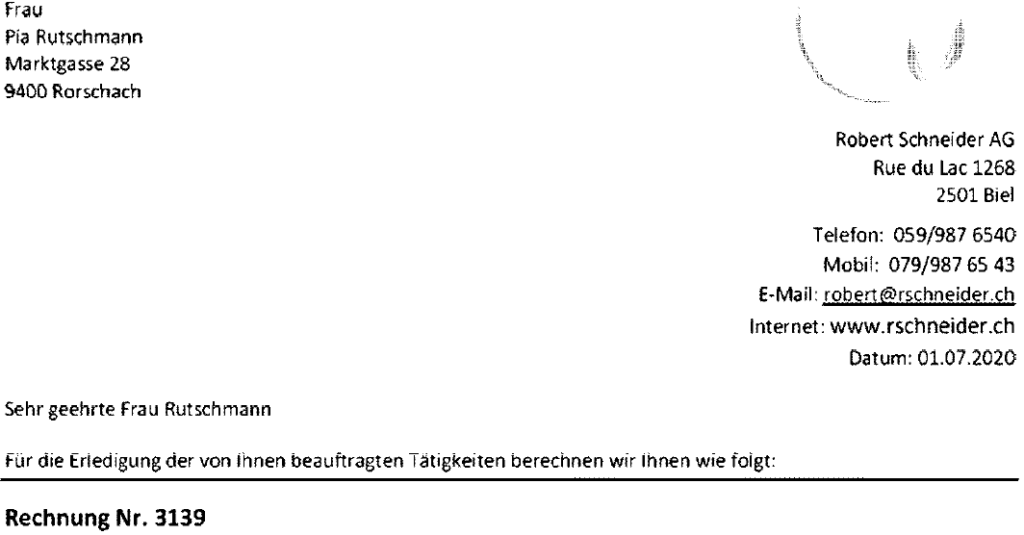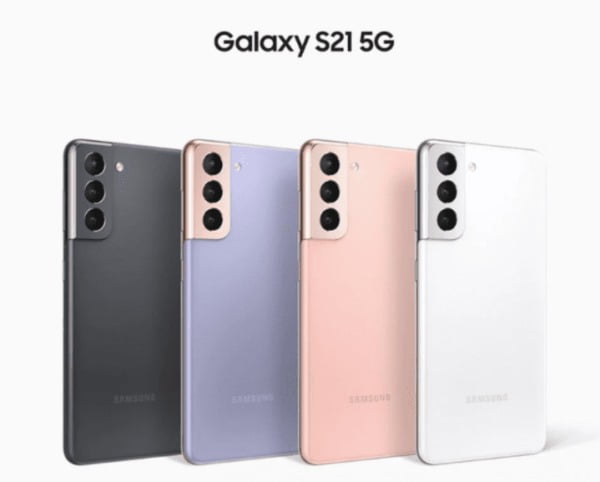With its millions of account documents at the end of the year, UBS has shot a real buck. She sent a fake invoice from a horticulturalist as an example of the new QR code.
Countless customers took their bills at face value. They assaulted their advisors as to what that was for, what the nearly 4,000 francs were for.
Now the bank has pulled the emergency brake. On the login page of her ebanking she writes about an “illustration”. “It’s not a real invoice.”
The step to contain the damage shows the extent. The fake invoice was not sent to a “Max Muster” or a “Nina Example”, but to a “Pia Rutschmann”.
–
This was the main reason why a large number of UBS clients believed that they were holding a real bill in their hands that either had landed on them by mistake or would then actually have to be paid.
The year-end settlement is the greatest operational exercise for banks. As the leading institute in Switzerland, UBS is aware of the importance of this process.
Nevertheless, she made the embarrassing mistake. Now the same bank wants to demand negative interest from its domestic customers like the bank NZZ reports today.
Instead of only for customers with 2 million or more in their accounts, cash at UBS should cost something from a quarter of a million. The bank justifies this with the fact that interest rates would remain low for a long time.

–
Customers should pay the bill for this. If you have more than CHF 250,000 in your account, you are affected; unless you have a mortgage with the big bank or invest your money in their financial products.
UBS earns its money with both. Cash, on the other hand, costs. Instead of free, this is now chargeable.
What does the bank offer in return – apart from flops like at the turn of the year? E-banking is running, Apple Pay is now also available for UBS customers, and the number 1 mortgage is currently one of the price breakers.
Good, but not enough. Customers have alternatives with cell phone banks such as Revolut and trading platforms such as Swissquote; Paypal is available for paying.
And the cheapest mortgages are available from insurance companies and pension funds.
Hence the cupping with negative interest. Easy money.
similar posts
–


